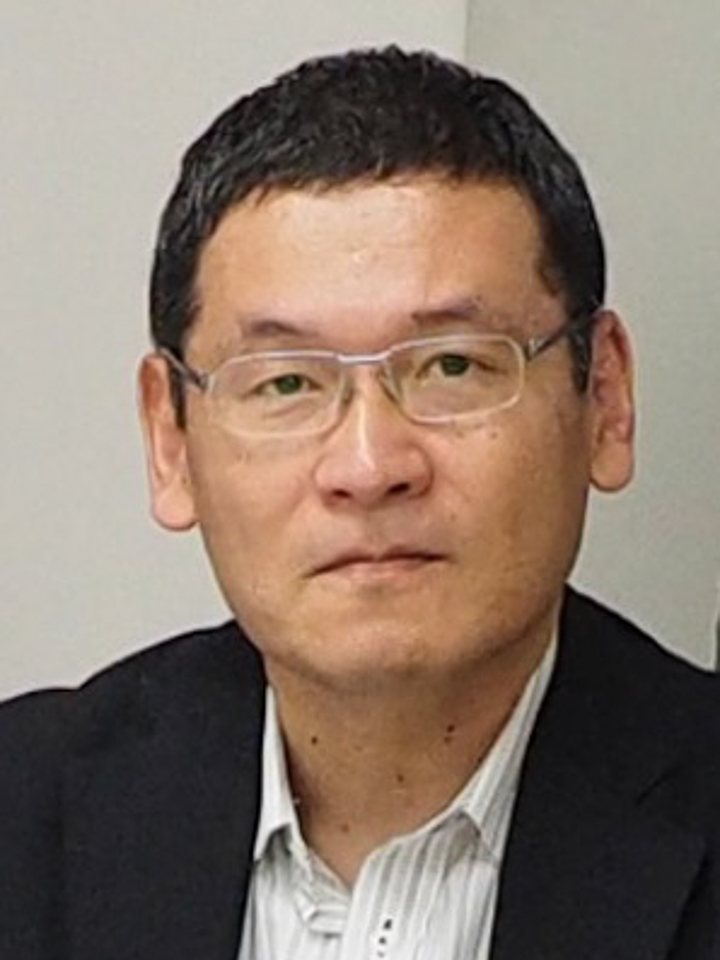Tsunetsugu Group

- Affiliation
- Division of Condensed Matter Theory
- Course
- Phys., Sci.
Research Subjects
- Electronic states and unconventional superconductivity in strongly correlated systems with d- or f-electrons
- Statistical physics of frustrated systems
- Theory of novel phases in quantum magnets
- Nonequibrium dynamics of quantum systems
Strongly correlated electron systems, particularly transition metal compounds and rare-earth or actinide compounds are the main subjects of our theoretical research. In these systems, strong electron-electron interactions lead to a variety of interesting phenomena emerging at low temperatures, such as various types of exotic magnetic orders, unconventional superconductivity and density waves. We aim to establish a unified theory for those complex properties and also predict novel phenomena in those systems. Targets of our recent study include novel types of quantum order and quantum fluctuations in frustrated spin and strongly correlated electronic systems with multiple degrees of freedom such as charge, spin, and orbital. In these systems, many soft modes of fluctuations are coupled to each other, and this affects the nature of quantum phase transitions, as well as electronic states and dynamical properties including transport phenomena. We also study systems with chiral structure and explore novel behaviors of their phonon and electronic properties related to their chirality.


